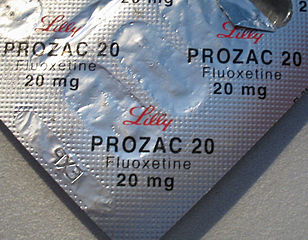
Anxiety and depression are common among GLBT Australians. Fotopedia
Nearly 80% of gay, lesbian, bisexual and transgender (GLBT) Australians suffered at least one episode of intense anxiety in the past year, and more than 25% were diagnosed with, or treated for, an anxiety disorder, a national study has found.
The survey of almost 4,000 GLBT people aged 16 to 89 found many “occasionally” or “usually” hid their sexuality or gender identity for fear of violence or discrimination: 44% in public and 33.6% when accessing services.
The most common types of violence reported by participants were non-physical, from verbal abuse (25.5 per cent), to harassment (15.5 per cent), to threats of physical violence (8.7 per cent) and written abuse (6.6 per cent).
Thirty-one percent of participants said they had not revealed their sexuality or gender identity to their GP. People aged 16 to 24 were most likely to hide their sexuality or gender identity.
The study, by La Trobe University’s Australian Research Centre in Sex, Health and Society and Gay and Lesbian Health Victoria, is the second in a series looking at the health and wellbeing of GLBT Australians.
La Trobe University Research Fellow, Liam Leonard, said that “while the research documents show an increased acceptance of GLBT people and marginal improvements in their general health, it also shows GLBT people continue to experience much higher levels of abuse and discrimination. A likely outcome of this is the poorer mental health participants had compared with the population at large.
“The most common health conditions among participants were depression and anxiety/nervous disorders.”
The project was supported by Beyond Blue with funds from The Movember Foundation. Chairman of Beyond Blue, Jeff Kennett, said the research “strengthens our resolve to continue our work with this community to reduce discrimination and improve help-seeking. Mid-year … we will be launching an awareness campaign to address some of the disturbing statistics highlighted in this report.” [continue reading…]



